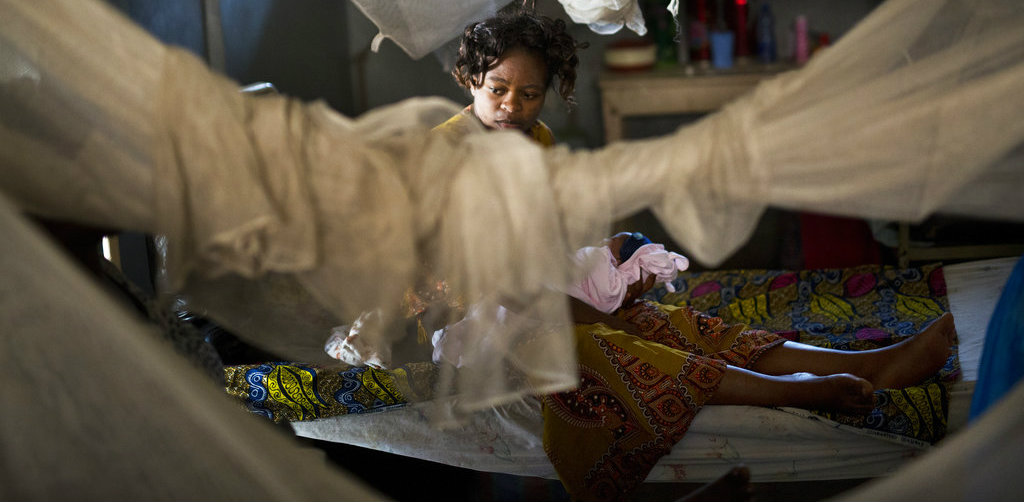Congolese hospitals imprison patients who can’t pay — and don't even try to hide it.
An Associated Press investigation has found that of more than 20 hospitals visited in Congo’s second city of Lubumbashi, only one did not routinely imprison patients for failing to pay their medical bills.
None of the hospitals made any attempt to hide the illegal practice: doctors and nurses openly discussed it and the patients were detained in plain sight. Yet, numerous international donors and agencies who have major operations in Congo — including UNICEF, Red Cross and USAID — all told AP they had no knowledge of patient detentions or insufficient information to act.
Congo’s ministry of health condemned the detentions and said it frees patients when made aware of the practice.
AP found evidence of hospital detentions in more than 30 countries, from Bolivia to the Philippines.
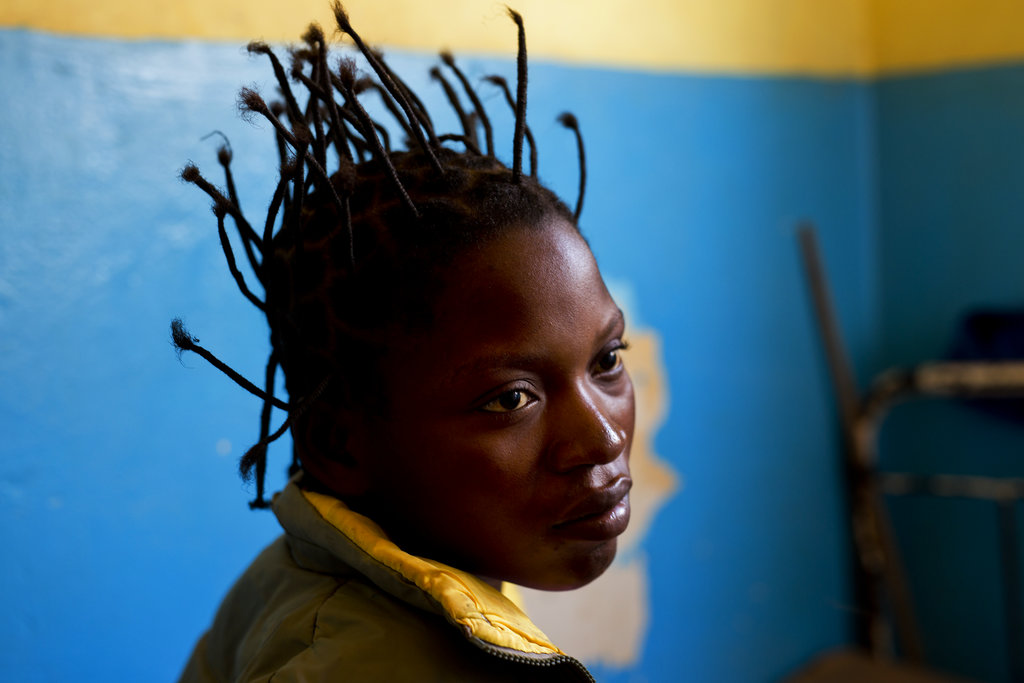
Kimenua Ngoie, 22, sits on her hospital bed at the Katuba Reference Hospital in Lubumbashi. Ngoie, who lost her baby at birth, has been effectively imprisoned by the hospital for the past three months because she couldn't pay the $360 that her C-section cost. AP
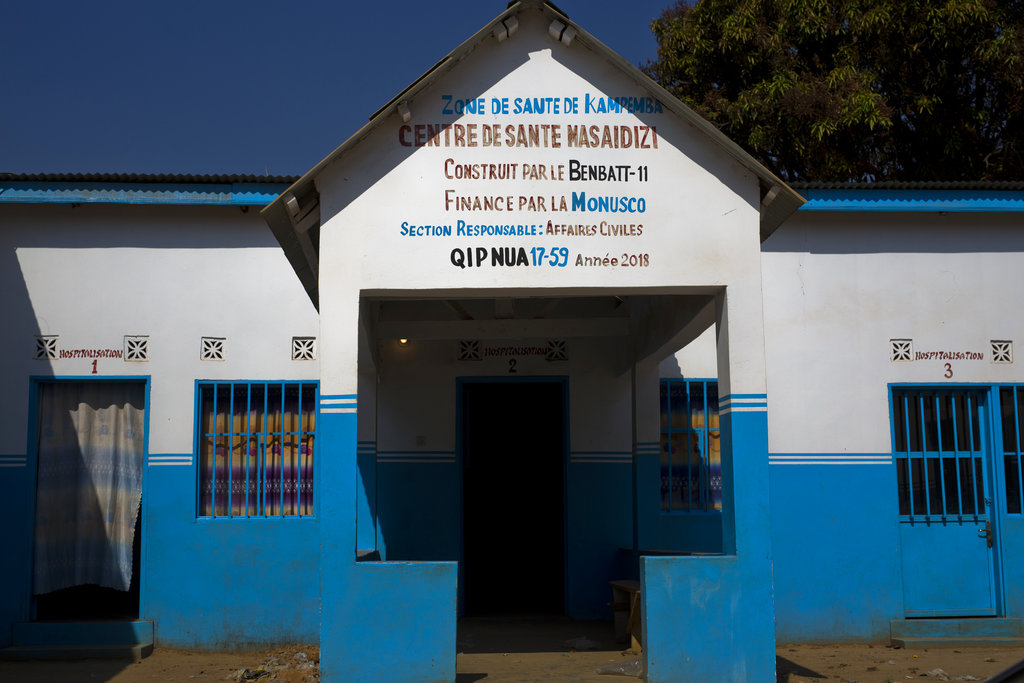
The entrance to the Masaidizi Health Center, which was recently built by the United Nations in Lubumbashi. The buildings are painted in white and UN blue, although the hospital is now run by the Congolese ministry of health and receives no ongoing UN support. AP
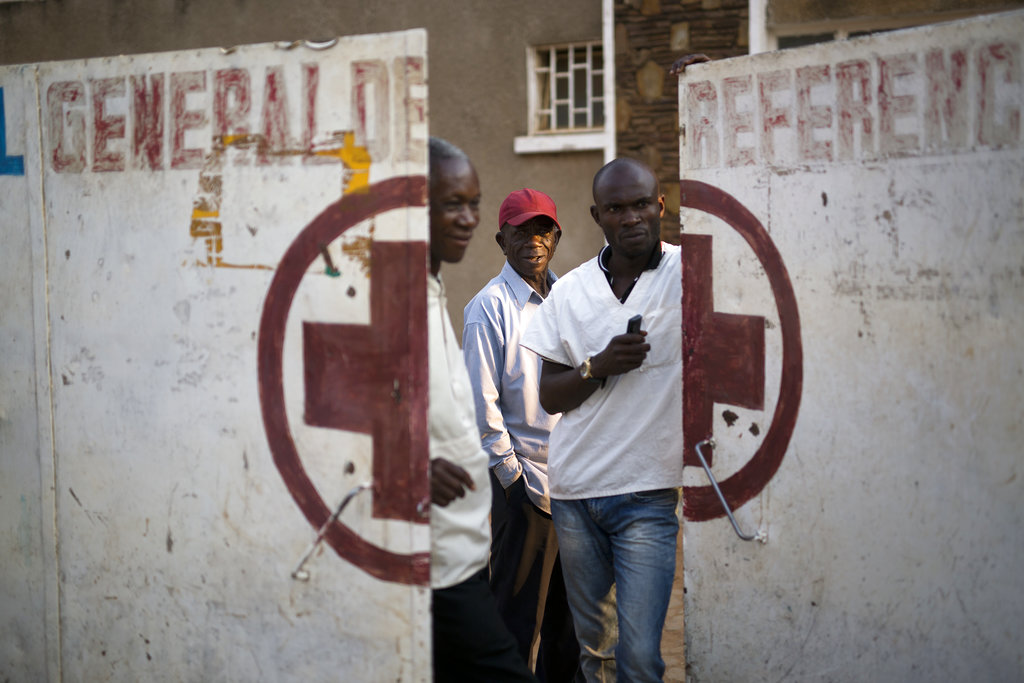
Employees guard the door of the Katuba Reference Hospital in Lubumbashi. None of the hospitals make any attempt to hide the illegal practice as patients are detained in plain sight. AP
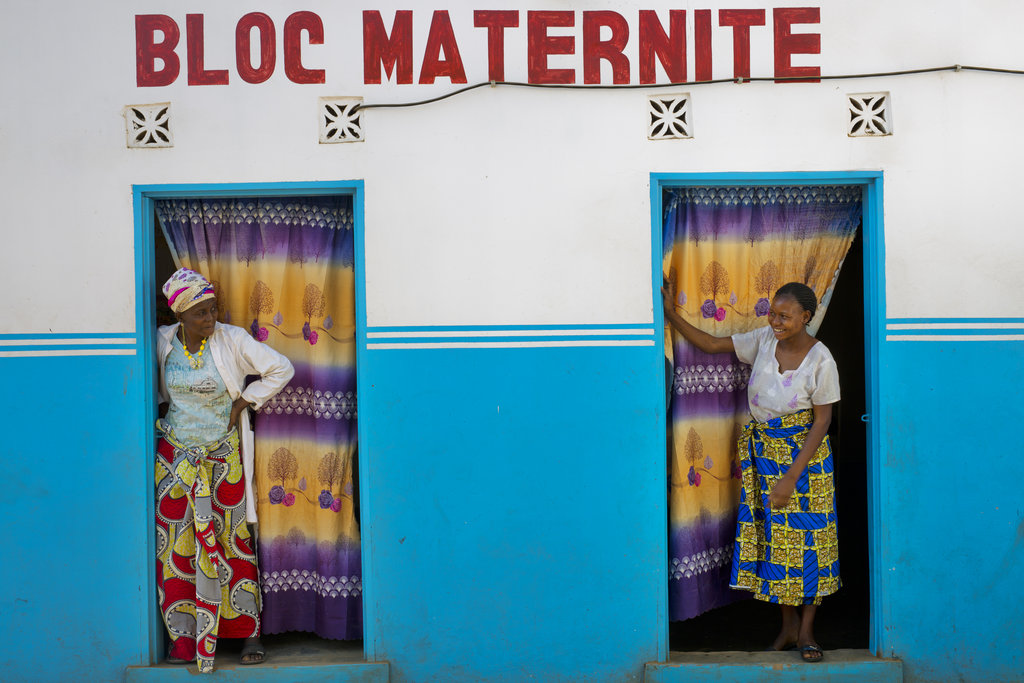
Alice Kabuya (right) looks at a clinic employee at the Masaidizi Health Center in Lubumbashi. Kabuya, 20, gave birth to her daughter at the facility but is unable to pay the $150 medical bill. AP
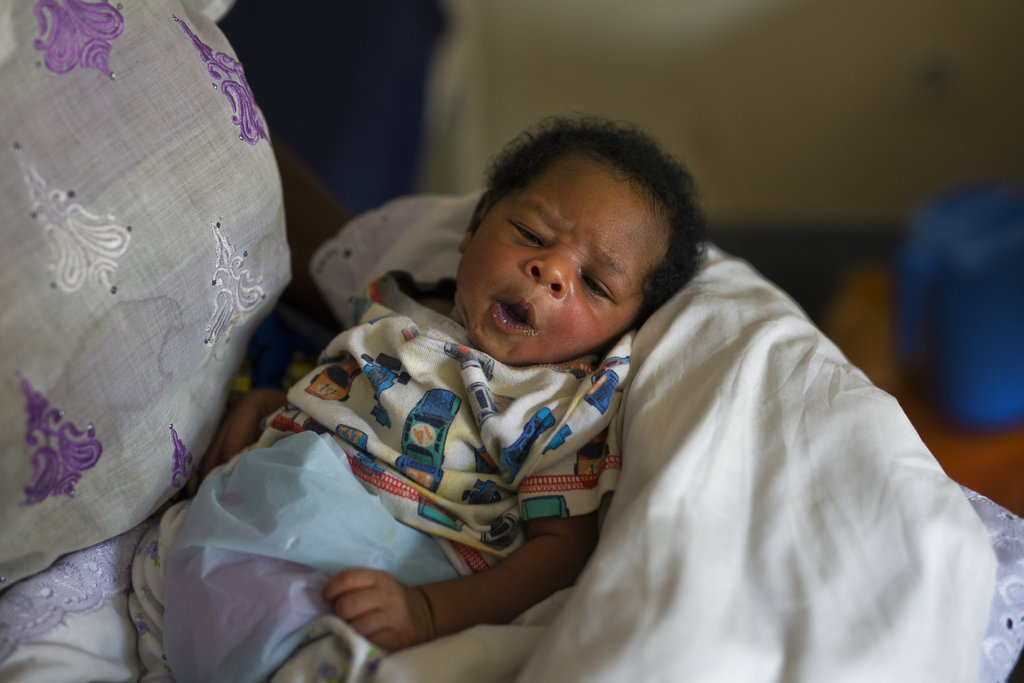
Alice Kabuya holds her week-old daughter at the Masaidizi Health Center in Lubumbashi. She said the clinic's doors were locked every afternoon and she could not walk more than about 10 feet outside before being reprimanded by nurses. AP
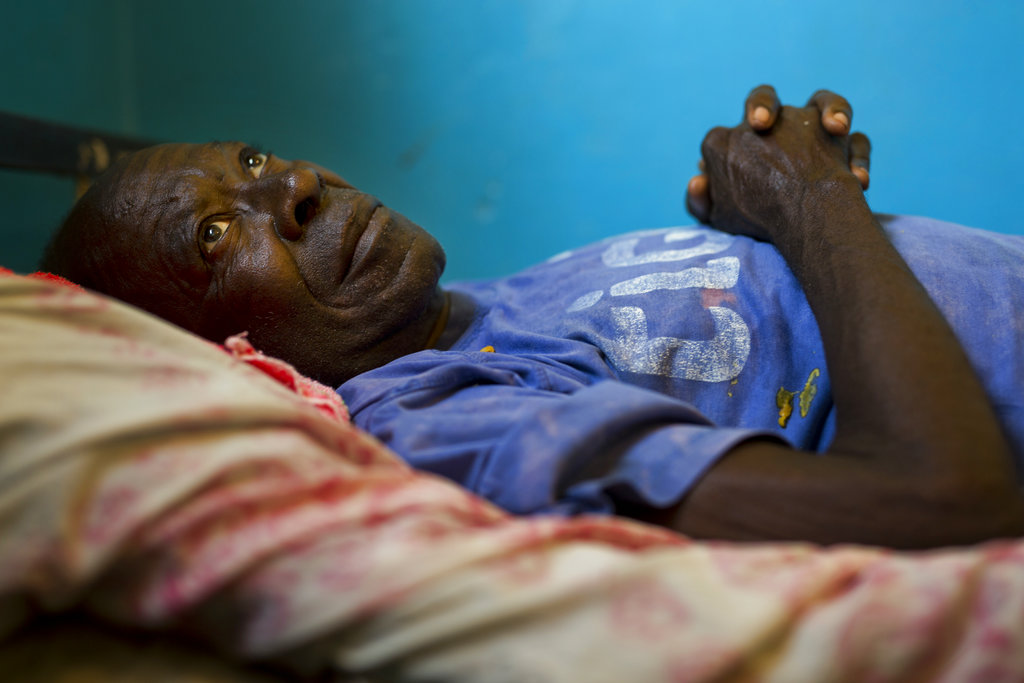
Gabriel Mutamba at the Katuba Reference Hospital in Lubumbashi. Mutamba, in his 80s, was brought to the hospital in 2017 with a broken leg. He can walk now, but can't leave the hospital without paying up. A cleaning woman took pity on him and occasionally brings him food. AP
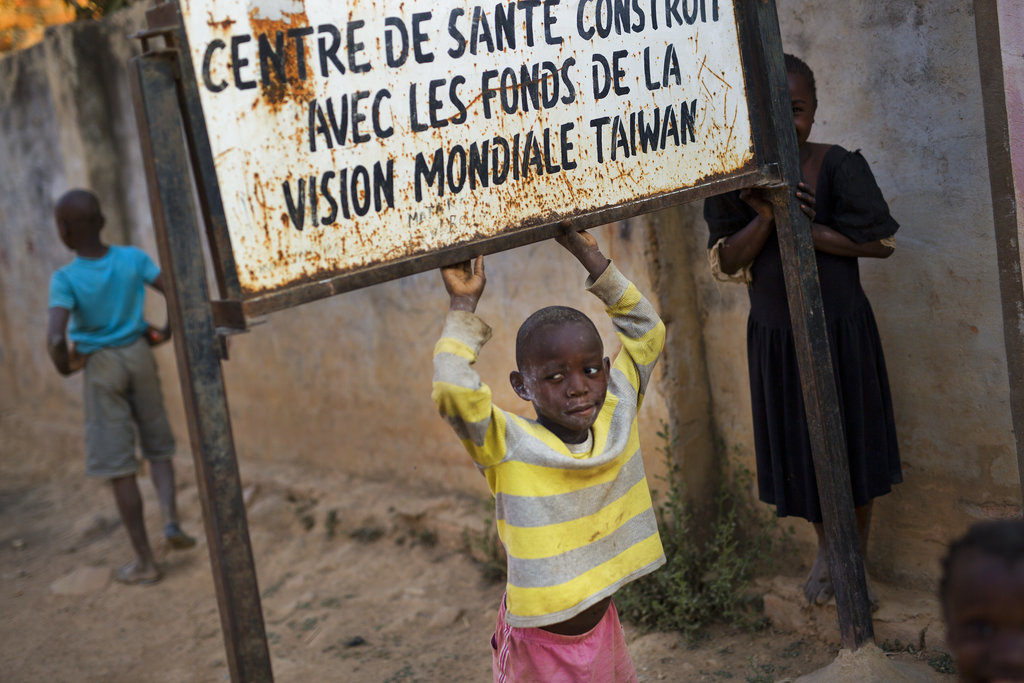
A child plays under a sign reading, "health centre built with funding from Taiwan World Vision Funds" at the Mama Wa Mapendo clinic in Lubumbashi. AP

